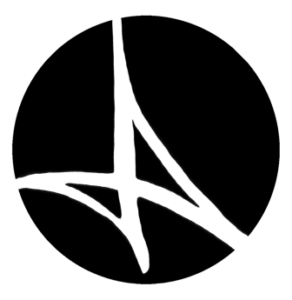Hot Tunes, Cold War timeline
With our Hot Tunes, Cold War concert series fast approaching we take a look at some of the key events that shaped the era and influenced a generation of artists and musicians.
1945: The Second World War ends in August with the dropping of atomic bombs on Hiroshima and Nagasaki.
Germany is divided into two countries and Berlin is split into four sectors (French, American, British and Soviet)

1947: Marshall Aid begins – The USA gives economic support to help rebuild European economies after the end of World War II in order to prevent the spread of Soviet Communism. Stalin refuses it.
1948: Berlin Blockade begins – The Soviet Union blocks the Western Allies’ access to the sectors of Berlin under Allied control, forcing them to organise the airlift to carry supplies to the people in West Berlin.
1949: The USSR explode their first atomic bomb and China becomes communist.
1950: The Korean War breaks out between the Republic of Korea (South Korea), supported by the U.N., and the Democratic People’s Republic of Korea (North Korea), supported by the People’s Republic of China and the Soviet Union.
1955: The Soviet Union create the Warsaw Pact as means of acting as a barrier between Russia’s vulnerable borders and its potential enemies in the Western Bloc.
1961: The Berlin Wall is built.
1962: Cuban Missile Crisis This is generally regarded as the moment in which the Cold War came closest to turning into a nuclear conflict.
1963-5: USA involvement in the Vietnam War increases, with growing American aid to Vietnam. By 1965 the USA are openly involved in the conflict.

1968: USSR invasion of Czechoslovakia by Eastern Bloc members of the Warsaw Pact.
1979: Beginning of the USSR invasion of Afghanistan, which lasts nine years and is fought between Soviet-led Afghan forces against the Mujahideen.
1986: U.S. President, Ronald Reagan, and General Secretary of the Soviet Union Communist Party, Mikhail Gorbachev, attend the Reykjavik Summit . The limited progress achieved eventually results in the 1987 INF Treaty, which agrees to destroy intermediate-range and short-range missiles.
1989: Fall of the Berlin Wall
1991: In December of this year the Soviet Union falls after a failed coup and increasing instability.

FIND OUT MORE ABOUT THE SERIES
Hot Tunes, Cold War
27 Sept – 31 Oct


